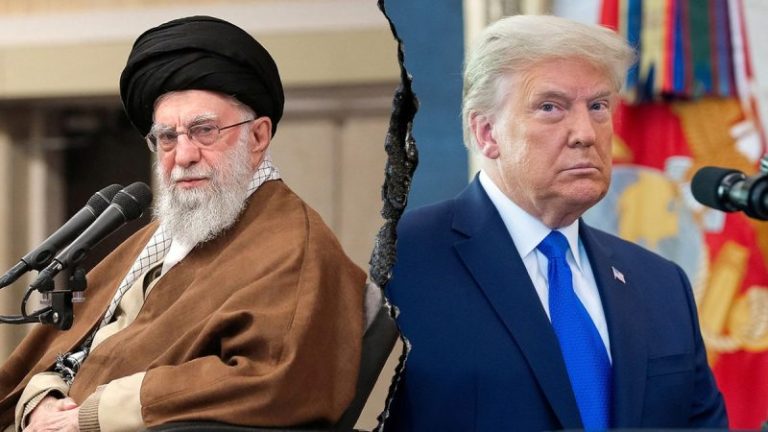The first thing I read each morning for the last four years was the top-secret President’s Daily Brief – a summary of the most sensitive intelligence and analysis on global issues. From the president on down to cabinet members and other senior officials, we relied on that summary to warn us about China’s aggressive cyber operations, terrorist plots, Iran’s malicious activities, and other geopolitical risks. Invariably, these insights were derived mostly from intelligence collected by one entity: the National Security Agency. Why? Because in a world defined by digital communications and technology, the NSA is America’s most effective intelligence service.
That’s why the abrupt firings a few days ago of NSA Director Gen. Timothy Haugh and Deputy Director Wendy Noble – two highly experienced and apolitical leaders – at a time when the U.S. is facing unprecedented cyberattacks from China and others is a gift to our adversaries. As President Donald Trump considers replacements for these vital roles, he and his national security team would be well-served to prioritize competence and leadership over politics. Here’s why.
First, the NSA director and deputy director roles are unique in the U.S. government. Unlike the heads of other departments and agencies, who are primarily charged with overseeing policy, interfacing with external stakeholders and managing the workforce – all important tasks – they don’t need to be substantive experts to lead the agency.
Not so at the NSA. By virtue of the highly technical nature of cyber operations and signals intelligence activities – intercepting the communications of our adversaries – it’s imperative that NSA leaders understand both the technical details and the strategic implications of the complex operations under their command.
They need to know how to build and deploy software platforms and code to launch cyber operations. They need to understand the cryptologic issues and programs that enable intelligence collection and harden U.S. defenses against cyberattacks. They also need to understand the immense power of the capabilities under their control.
The horrific leaks by Edward Snowden illustrated the geopolitical consequences associated with expansive NSA operations even when you have competent professionals leading the agency. It’s no job for amateurs. This is precisely why presidents since NSA’s inception in 1952 have always selected leaders with deep technical expertise to run this highly sophisticated agency. Just as we need qualified doctors overseeing the emergency room of a hospital, we need competent, qualified leaders at the NSA.
Second, the decapitation of NSA leadership came at a time when China is undertaking increasingly aggressive cyber operations against the United States, as evidenced by the recent Salt Typhoon cyberattacks against US telecommunications networks.
As Director of National Intelligence Tulsi Gabbard stated last month, ‘Beijing is advancing its cyber capabilities for sophisticated operations aimed at stealing sensitive U.S. government and private sector information, and pre-positioning additional asymmetric attack options that may be deployed in a conflict.’ These are not abstract threats.
Turmoil at the NSA – the agency principally responsible for detecting and countering Chinese cyber espionage – could not have come at a worse time. The unprecedented firings, apparently without cause, will have a chilling effect on the workforce and morale at the agency and signal that politics is more important than apolitical, objective analysis and production that has always defined the intelligence profession.
The impacts will be further amplified if other senior NSA officials retire or leave for more lucrative positions in industry to avoid becoming the next victim of baseless political attacks. The ultimate beneficiaries of chaos at America’s most consequential spy agency will be America’s adversaries, who will look to exploit the crisis.
The Trump administration has an opportunity to minimize the damage caused by these firings by selecting professionals with the competence and experience to lead NSA moving forward. This isn’t about politics, or at least it shouldn’t be.
All Americans should care about having the best and brightest leading the NSA at a time when we’re facing rising threats at home and abroad – from China and Iran to ISIS and drug cartels. Choosing otherwise is a dangerous proposition that benefits only our adversaries.


